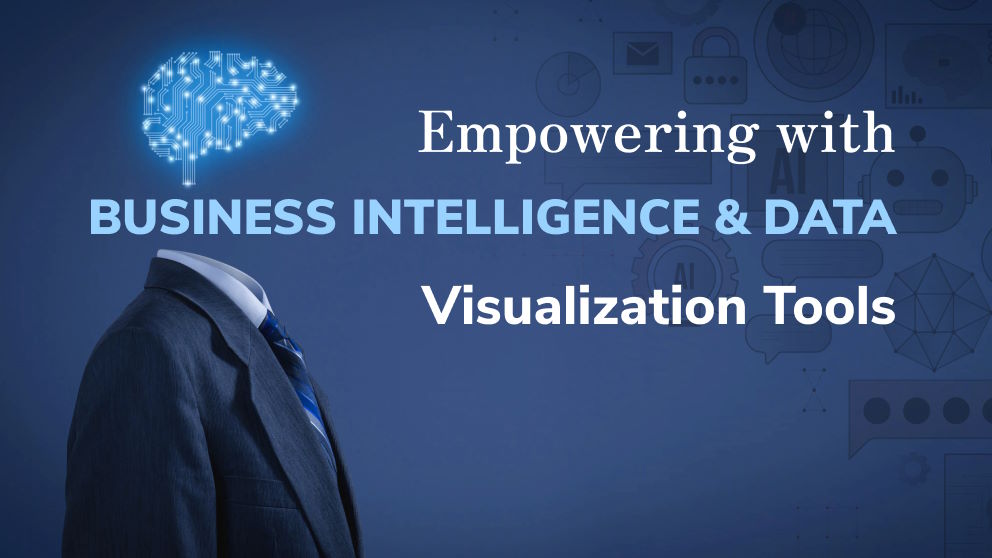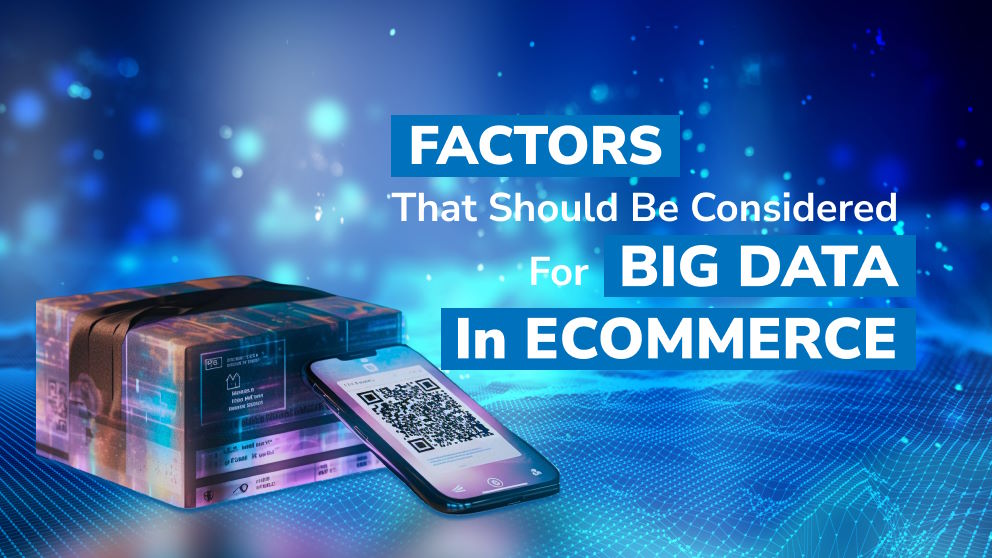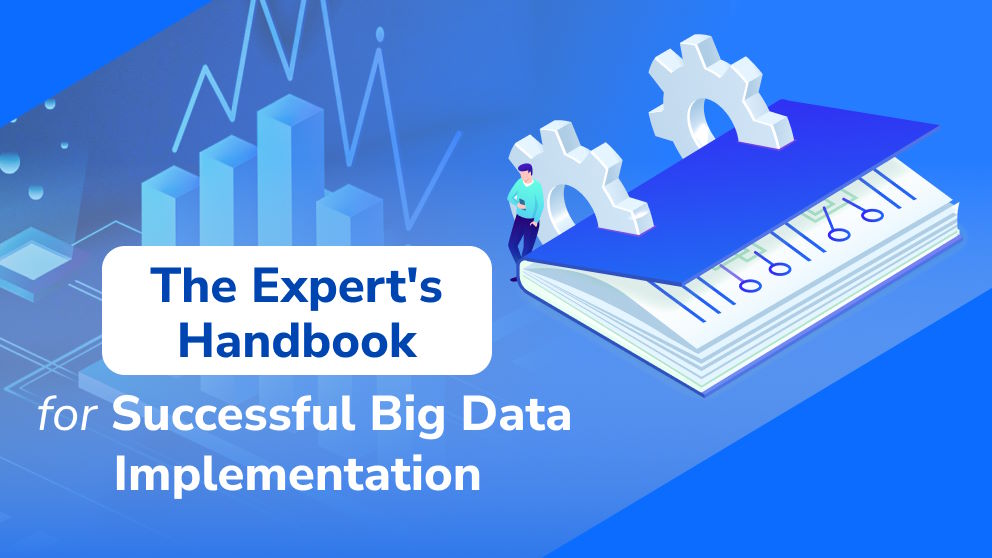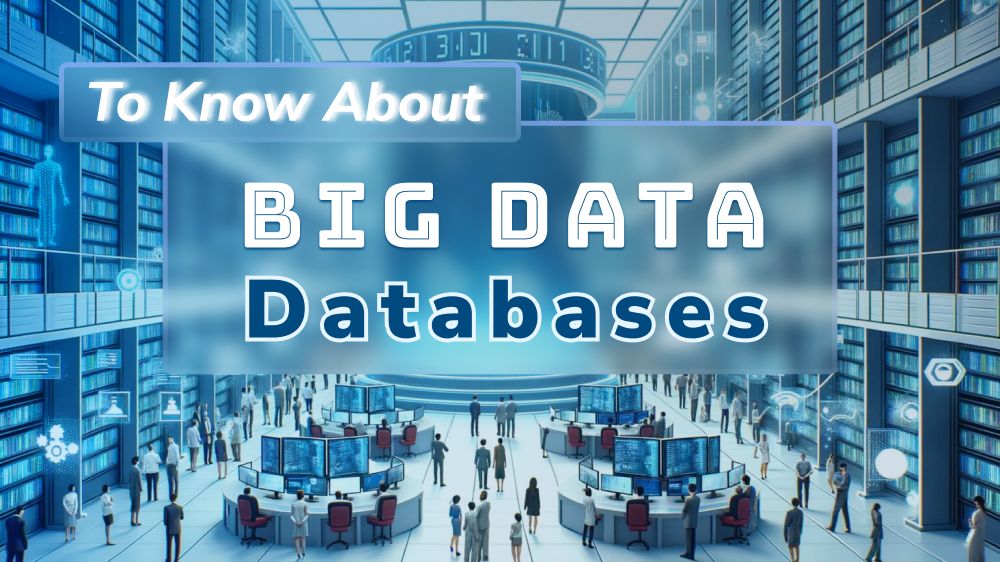
How Big Data in the Hospitality Industry Is Reshaping the Customer Experience
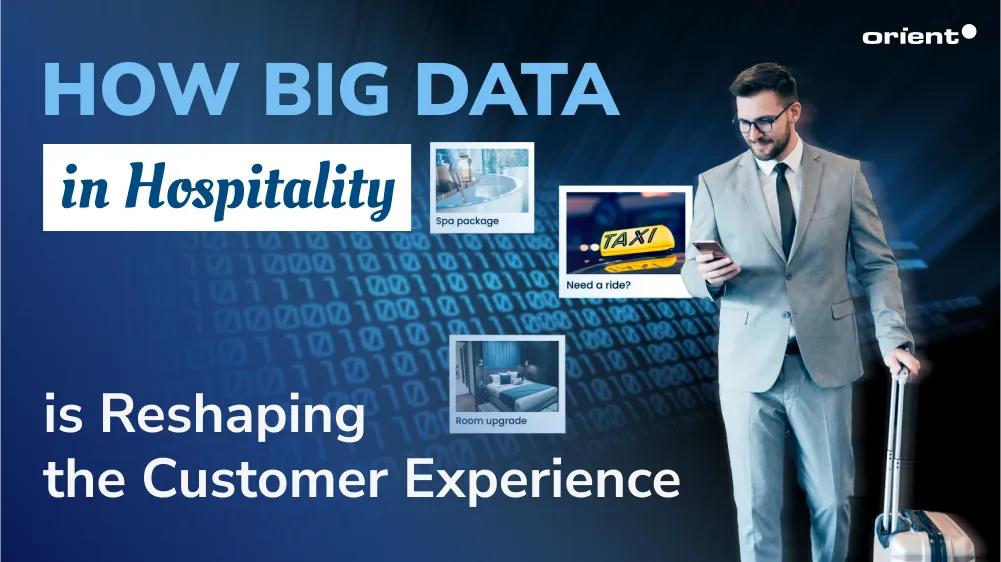
Content Map
More chaptersBig data in the hospitality industry is a game-changer for venue operators. Hotels, motels, inns & suites, restaurants, bars, clubs, and travel agencies use big data to optimize processes, address inefficiencies, and improve customer experiences.
However, due to the complex nature of big data, parsing junk from reliable data is a massive undertaking involving the use of analytics software by experienced data scientists. In this article, we discuss big data in the hospitality industry and how to outsource your big data management needs.
What Is Big Data?

Big data is data that is too complicated for a traditional relational database to process. The three primary V of big data are Volume, Velocity, and Variety.
First of all, volume refers to the size of the data. Variety refers to the number of file types and locations from which the data comes in and comes. Velocity refers to the speed at which the data arrives. Together, these characteristics describe large and diverse datasets that grow in size and complexity over time.
Big data also comes in structured and unstructured formats. Structured data is highly organized, easy to document in a relational database, and provides quantitative insights. Unstructured data lacks a clear format, requires special tools to analyze, and provides qualitative insights. Since big data uses structured and unstructured data, data scientists use non-relational databases (NoSQL databases) to collect, organize, store, and analyze big data.
NoSQL databases are more scalable and versatile than relational databases. They come in different categories and process data in more ways than conventional rows and columns. For example, graph databases store data in nodes and edges. Nodes store information about people, places, and objects, and edges store information about the relationship between nodes.
How Does the Hospitality Industry Use Big Data?

The hospitality industry uses big data to monitor and optimize business functions in ways that traditional data cannot. Hospitality venues do this by using sophisticated technologies to collect and analyze data.
By consolidating large and diverse datasets from multiple sources into an analytics platform, hospitality venues gain valuable insights into different avenues of the business. These range from price optimization to revenue management and segmented marketing to occupancy forecasting. Each hospitality venue establishes different key performance indicators (KPIs) to evaluate specific performance metrics.
Hospitality venues often hire in-house or external data science teams to oversee their big data strategies. These teams typically consist of data scientists, data engineers, data analysts, and machine learning scientists, to name a few. Each team member is responsible for different big data activities.
For example, data engineers build, test, and deploy the infrastructure to collect, organize, and process big data. Meanwhile, data analysts extract valuable insights from big data and present their findings to stakeholders.
What Are the Different Use Cases for Big Data in Hospitality?
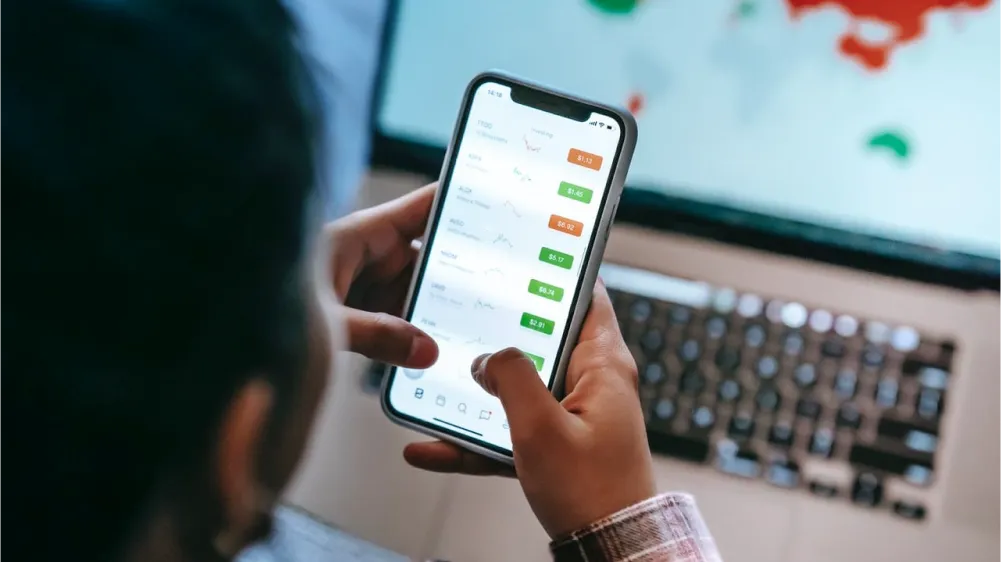
Hospitality venues use big data to boost operational efficiency, address inefficiencies, analyze competitors, and capitalize on unique opportunities.
Predictive analytics helps venue operators anticipate demand based on historical data, allocating staff and resources to meet peak and off-peak times. Venue operators also use big data to optimize inventory control, referencing historical data to decommission low-selling products and services and pre-emptively order in-demand stock.
Other use cases for big data analytics in the hospitality industry include:
Occupancy Forecasting
Unused hotel rooms are money sinks. Every night, if a room is left unfilled, hotels lose revenue. This problem is exasperated when hoteliers allocate more staff and resources than necessary to service customers. The same goes for understaffing during peak times, too. If there is not enough staff to service customers and keep rooms tidy, the customer experience suffers.
By referencing historical data from previous peak and off-peak periods, hoteliers can optimize labor and resource allocation while maximizing profitability. They can also address inefficiencies from past events, such as hiring more cleaners to address complaints about untidy rooms.
Optimizing Pricing Strategies
Hoteliers typically fluctuate pricing based on seasonal demand and competitor rates. When demand is high, the hotel can charge more to maximize profitability. When a competitor is offering a better detail, the hotel can adjust its price in real time to offer a more affordable deal. Price optimizing also benefits travel agencies, who use big data to determine the price of their flights, holiday packages, and tours based on seasonal demand and competitor deals.
While the COVID-19 pandemic saw travel disruptions worldwide, the market size of the hospitality industry was expected to rebound from USD 0.72 trillion in 2021 to USD 1.21 trillion in 2023. Hence, price optimizing is an essential strategy for hotels, resorts, and other hospitality venues competing for tourism dollars.
Segmented Marketing
Segmented marketing involves delivering personalized sales and marketing campaigns to targeted demographics. For hospitality services like travel agencies, such demographics may be split into categories based on travel history, personal preferences, behavior, and recent purchases.
Companies can use big data to alert customers to relevant travel deals and packages. For example, if a family of four traveled to Japan in 2023, the travel agency responsible for booking the holiday may alert the customer the following year on an upcoming deal for the same or similar destination.
How effective are targeted marketing efforts in hospitality and tourism? According to a December 2022 survey of marketers worldwide, 51% of respondents agreed that a successful personalization strategy delivers an improved customer experience.
What Are the Challenges of Using Big Data in Hospitality?

Big data is reshaping the hospitality industry in significant ways, but there are still barriers to overcome. Keeping data accurate, consistent, and up to date is vital to preventing data silos and misjudgments. Skill shortages in the data science industry also threaten the hospitality sector’s ability to utilize big data in a meaningful way.
Let’s explore these big data issues in greater detail.
Data Quality and Accuracy
Low-quality data is data that is inaccurate, misleading, out of date, or inconsistent with other data sources. Such data can compromise the effectiveness of a hospitality venue’s big data strategy in significant ways. For instance, an event planner using big data may misjudge a venue’s crowd capacity based on outdated data, resulting in excessive crowding.
Poorly maintained databases with duplicate entries may also exhibit performance issues, resulting in slow response times for customer booking platforms. This is especially vital for mobile users, who often demand information and services in seconds with a few finger taps.
Data Security, Privacy, and Governance
Poor data security measures expose hospitality venues to database security threats. Venues like hotels, restaurants, and travel agents often collect sensitive data to personalize the customer experience and deliver targeted advertising based on customer demographics, locations, and guest preferences.
If left exposed, cyber attackers could steal and sell customer data on the black market – and possibly even hold the victim company for ransom. Companies that fail to have robust data security measures risk facing fines. In late 2020, the Marriott Hotel chain was fined £18.4m for a major data breach affecting up to 339 million guests.
Hospitality venues must also comply with strict data protection regulations, including the GDPR (General Data Protection Regulation) in Europe and similar laws appearing worldwide. These laws establish frameworks for the collection, processing, storage, and transfer of personal data. Failure to comply with laws like GDPR could cost companies up to 4% of their entire global turnover for a fiscal year.
Data Science Skill Shortages
Ironically, we have the technology to leverage data analytics but not enough people. According to a 2024 survey of 800 North American IT leaders, data analysis is the 9th most in-demand tech job. In the same study, nearly two-thirds of recipients admitted that such skill gaps would lead to missed revenue goals, quality problems, and reduced customer satisfaction.
Big data outsourcing is an effective way to overcome industry skill shortages. Outsourcing allows hospitality venues to tap into labor and resources otherwise inaccessible to them locally at affordable rates. Data science teams, remotely collaborating internally and with stakeholders, can coordinate the entire big data strategy, from determining desired business outcomes to presenting easily readable reports to stakeholders.
At Orient Software, our data science services help businesses harness the full potential of big data. Our experienced data scientists, engineers, and analysts work closely with you to understand your needs and propose a custom solution that helps you make more informed decisions and improve business outcomes.
Why Choose Orient Software for Data Science?
We combine technological expertise with business acumen to help solve your biggest data science problems. Are you experiencing problems with low-quality, inconsistent, or fragmented data? Our data science services can help.
We can reconfigure your processes to ensure that your data is up-to-date, transparent, trustworthy, and reliable by leveraging the latest software and technology. Most importantly, we can align your big data initiatives with your desired business outcomes, enabling you to quantify your return on investment with maximum accuracy.
Additionally, our data science services help you comply with regional data protection laws, including GDPR and other regulations. Keeping your data safe and secure will offer the peace of mind you deserve.
Contact us to learn how we can help you make more informed business decisions.


